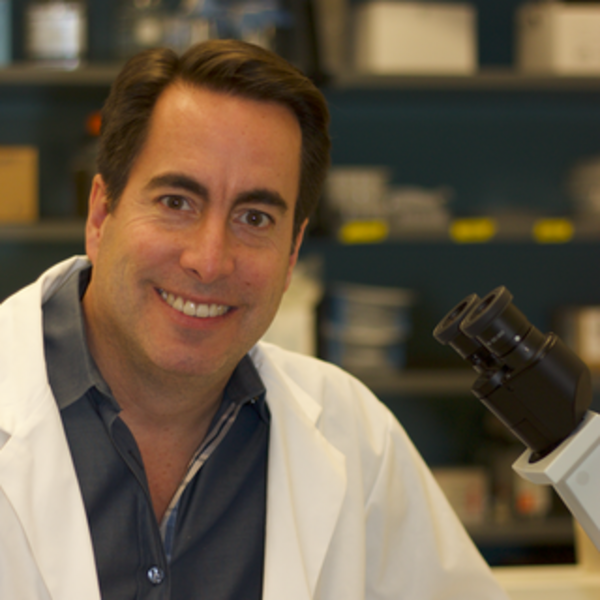Juan Carlos Zuniga-Pflucker
PhD

The thymus provides the necessary elements required by hematopoietic precursor cells to commit to the T cell lineage, rearrange the T cell receptor (TCR) loci, undergo positive and negative selection, and mature into functional self-restricted T cells. One the research goals of my lab is aimed at understanding the early events that multi-potent precursor cells experience as they enter the thymus. The role of the thymic microenvironment (stroma) on thymocyte development and its direct effect on thymocytes is being addressed at several levels. a) Identifying the role of several activating lymphokines in creating a proper growth environment for T cell development; b) Lymphoid precursors arrive into the thymus as uncommitted progenitor cells, we are defining the stages at which T cell commitment occurs and establishing the lymphokines produced by the thymic stroma responsible for this inductive event; c) Natural killer cells and T cells have been suggested to share a common lymphoid precursor, we have isolated a thymocyte sub-population with NK and T cell precursor potential.
A second goal of our studies is to identify the molecular events that are induced following the formation of the pre-T cell receptor complex. The pre-TCR is formed after the successful rearrangement of the TCR-β gene locus, which leads to the differentiation and proliferation of immature thymocytes, and stops further rearrangements at this locus. We are currently investigating the role of PKC in the regulation of pre-TCR-mediated signal transduction.
Another goal is to develop an in vitro system for the differentiation of embryonic stem (ES) cells into functional lymphocytes, B, NK, and T cells. We have developed an novel coculture system that takes advantage of a bone marrow stroma cell line, OP9, to induce the differentiation of ES cells into mesodermal progenitors, then into hematopoietic precursors, which then can be used to give rise to lymphocytes. This approach opens enormous opportunities for the genetic manipulation and characterization of hematopoiesis and lymphopoiesis within a defined in vitro system.
Additionally, my lab is interested in understanding the thymic stromal microenvironment. Of particular interest is how the physical structure of the thymus affects gene expression of important molecules such as Delta-like 4.
Dr. Zúñiga-Pflücker is an active member of the CanCURE research consortium (Canadian HIV Cure Enterprise) www.cancurehiv.org.
Appointments
Chair, Department of Immunology
Senior Scientist, Sunnybrook Research Institute
